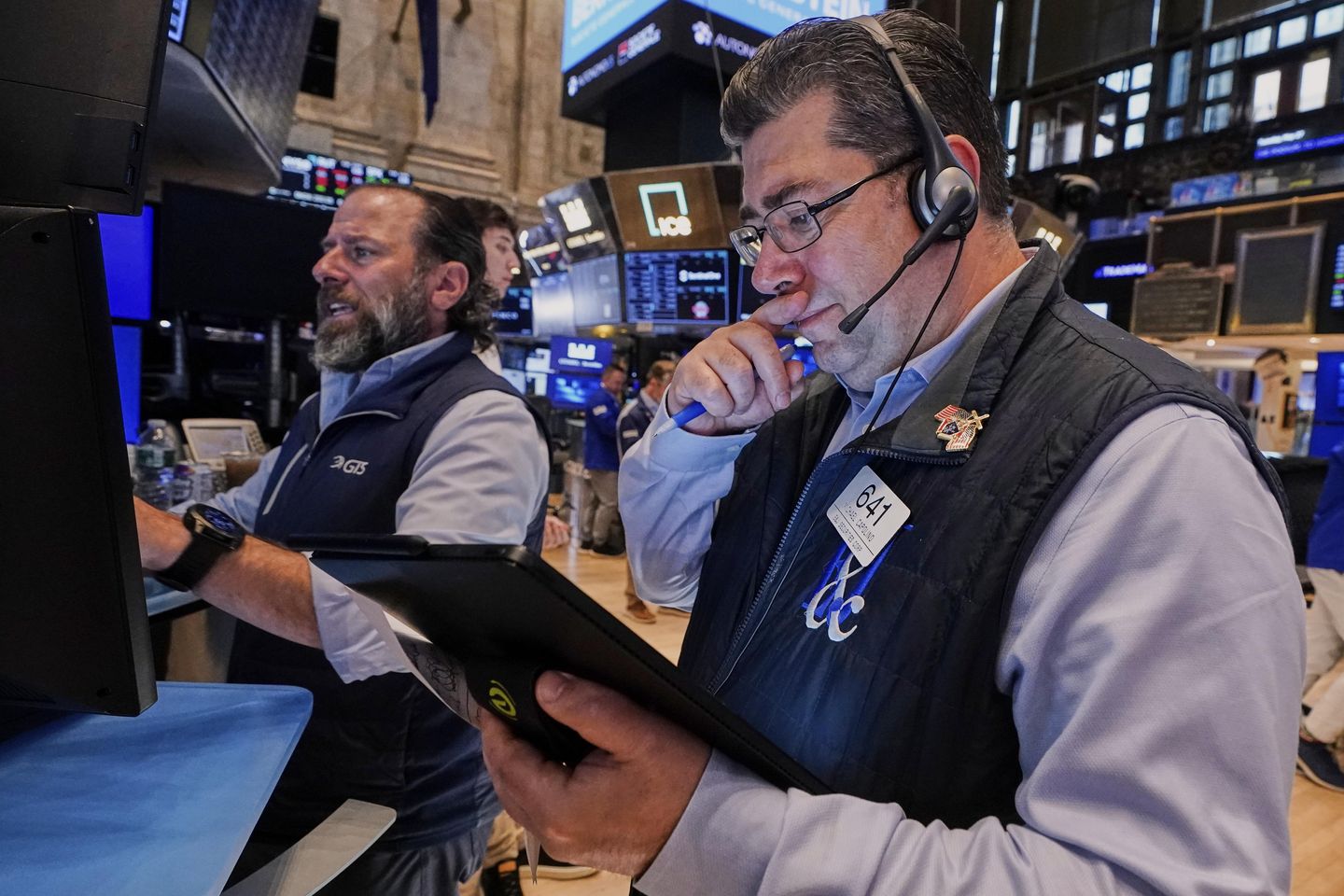
Wall Street had a mixed reaction after a federal court struck down most of President Trump’s sweeping tariffs.
In early trading, the S&P 500 and tech-heavy Nasdaq inched north while the Dow Jones Industrial Average fell slightly. Bond yields also dropped.
International markets cheered the court decision. South Korea’s Kospi and Japan’s Nikkei were up 7%. European indexes also rallied, with export-sensitive sectors such as autos and luxury stocks among the leading gainers.
The trading comes after a three-judge panel late Wednesday ruled against Mr. Trump’s 10% blanket tariffs as well as separate tariffs imposed against China, Mexico and Canada. The ruling effectively lowered America’s effective tariff rate from 19% to 6.5% but didn’t affect import duties on cars, auto parts, steel and aluminum.
Despite the markets showing some positivity toward the ruling, Wall Street analysts said the court decision expands the uncertainty surrounding Mr. Trump’s tariffs. The administration is expected to appeal the decision to the Supreme Court, though the timetable is unclear.
In a note to clients, Goldman Sachs analysts said that despite the increased uncertainty sparked by the ruling, “It might not change the final outcome for most major U.S. trading partners.” The investment bank’s analysts wrote that the administration could replace the 10% tariffs with a “similar tariff of up to 15%” under a different U.S. statute.
Analysts at London-based Capital Economics wrote that even if the Supreme Court rules against Mr. Trump, “It would be unlikely to mark the end of the tariff war, given the various other routes through which the Trump administration could impose tariffs.”
Another investment bank, UBS, warned clients that “significant policy uncertainty remains.” Its analysts wrote that if even the tariffs don’t return, “at least some of the economic impact has likely already begun to take effect.”
Some world leaders, who initially bristled at Mr. Trump’s tariffs, welcomed the ruling.
Hong Financial Secretary Paul Chan told reporters that the decision would “at least bring President Trump to reason.”
Australian Trade Minister Don Farrell told The Guardian that his country will “continue to engage and strongly advocate for the removal of tariffs.” He said the Australian government “has been consistent in the view that these tariffs on Australian imports into the U.S. are unjustified.”
Brando Benifie, who chairs the European Parliament’s delegation to the United States, said the ruling signaled that Mr. Trump’s plans for a trade war are not sustainable.
“It creates further pressure on U.S. counterparts to actually be reasonable,” he told The New York Times.
Trump administration officials said they’re considering alternative ways to reimpose the affected tariffs while expressing confidence the original directives will be reinstated.
“We’re going to see what happens on appeal, and we’re very confident in our success there,” National Economic Council Director Kevin Hassett told Fox Business. “But the fact is there are things, measures … that we could start right now. But we’re not planning to pursue those right now because we’re very, very confident that this is really incorrect.”
Stocks have swung wildly through Mr. Trump’s on-and-off tariff effort. After Mr. Trump’s April 2 “Liberation Day” announcement, most major indexes lost value. However, they’ve rallied since Mr. Trump backed off some on his tariff threat, regaining most of what they lost.












